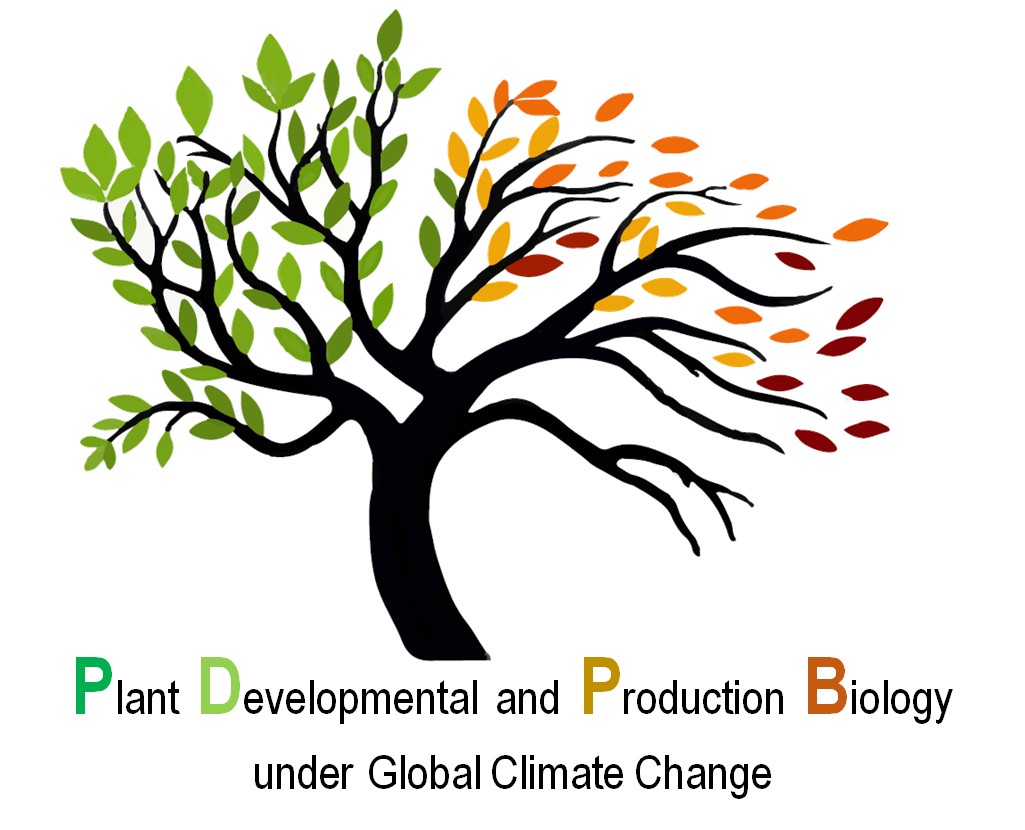| |
|
Cytokinins control xylem development via NAC SECONDARY WALL THICKENING PROMOTING FACTORs |
| |
|
Vojtech Didi [a], Anna Bilkova [a, b, c], Radek Jupa [d], Radim Cegan [e], Jana Vasickova [a], Mariana Benitez [a, f], Tereza Dobisova [a], Willi Riber [a], Shawn D. Mansfield [g], Ondrej Novak [h], Miroslav Strnad [h], Roman Hobza [e], Vít Gloser [d], Eva Budinska [b] and Jan Hejatko [a] |
| |
|
|
| |
|
[a] CEITEC - Central European Institute of Technology and National Centre for Biomolecular Research, Masaryk University Kamenice 5, CZ-625 00 Brno, Czech Republic.
[b] Research Centre for Toxic Compounds in the Environment (RECETOX), Masaryk University Kamenice 5, CZ-625 00 Brno, Czech Republic.
[c] Faculty of Informatics, Masaryk University, Brno, Czech Republic
[d] Department of Experimental Biology, Masaryk University, Faculty of Science, 611 37 Brno, Czech Republic
[e] Institute of Biophysics, the Czech Academy of Sciences of the Czech Republic, Kralovopolska 135, 612 65 Brno, Czech Republic.
[f] Current address: Laboratorio Nacional de Ciencias de la Sostenibilidad, Instituto de Ecología, Universidad Nacional Autónoma de México
[g] Department of Wood Science, University of British Columbia, Vancouver, BC V6T 1Z4, Canada.
[h] Laboratory of Growth Regulators, Centre of the Region Haná for Biotechnological and Agricultural Research, Institute of Experimental Botany CAS & Palacký University, Olomouc CZ-78371, Czech Republic.
|
| |
|
|
| |
|
Mechanisms for spatial and temporal control over developmental programs are vital to all living systems. I will present data of our still unpublished work demonstrating that limiting endogenous phytohormones, cytokinins, or attenuated cytokinin signaling results in early secondary cell wall (SCW) formation in the inflorescence stem of Arabidopsis thaliana. Using genome-wide transcriptional profiling we found that deficiency in cytokinin signaling or biosynthesis resulted in the precocious upregulation of transcriptional cascade controlled by NAC SECONDARY WALL THICKENING PROMOTING FACTORs (NSTs), the master regulators of SCW formation. In line with that, via generating triple and quadruple mutants, we provided genetic evidence suggesting that cytokinin signaling acts upstream of NST1 and NST3. We identified expression gradient of NST1 and NST3 along the apical/basal axis of the inflorescence stem correlating with the developmental status of xylem cells and found out that the gradient is strongly disturbed in the cytokinin biosynthesis deficient lines. We show that cytokinins control the expression of NST3 in a concentration-dependent manner and that exogenous cytokinin application is able to reconstitute apical/basal gradient of NST1 and NST3 as well as proper xylem development in the cytokinin biosynthesis deficient mutant. Both the cytokinin (signaling) deficiency and NST overexpression leads to the formation of tracheary elements (TEs) of smaller diameter, which consequently have strongly impaired hydraulic conductivity. We conclude that cytokinins control xylem development by suppressing NSTs, inhibiting thus premature SCW formation and facilitating the formation of fully expanded and functional TEs.
|
| |
|
|
| |
|
Supported by MSMT-23681/2015-1, CZ.02.1.01/0.0/0.0/16_019/0000738, LQ1601, LO1204, LM2015051, LM2015042 and LM2015085.
|
|

